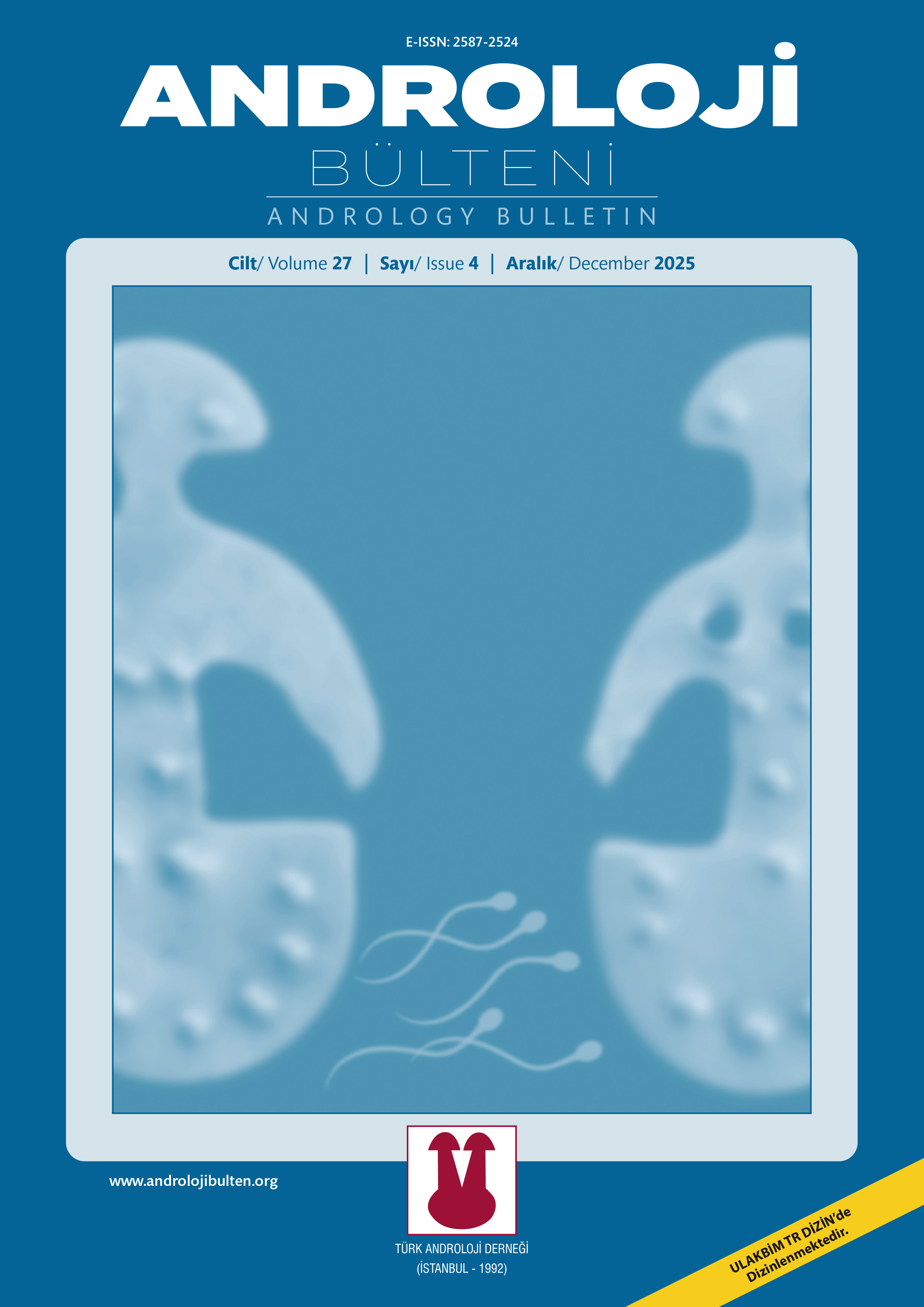
Content of this journal is licensed under a Creative Commons Attribution-NonCommercial 4.0 International License.
The effect of sexual embarrassment on sexual attitudes and beliefs in midwifery students
Nurcan Uzdil1, Yurdagül Günaydın21Erciyes University, Faculty of Health Sciences, Department of Mental Health and Disease Nursing, Kayseri, Turkey2Yozgat Bozok University, Faculty of Health Sciences, Department of Midwifery. Yozgat -Turkey.
OBJECTIVE: This research was conducted as a descriptive study to determine the effect of sexual attitude and sexual shyness on attitudes and beliefs about sexual care in midwifery students.
MATRERIAL and METHODS: This descriptive study was conducted with 274 students who were studying in the midwifery department of Bozok University Faculty of Health Sciences between February 2022 and April 2022 and accepted to participate in the study. Introductory Information Form, Sexual Embarrassment Scale (SES), Hendrick Sexual Attitude Scale (HSAS), and Sexual Attitudes and Beliefs Scale (SABS) were used to collect data. Ethics committee approval, institutional permission and informed consent of the students included in the study were obtained for the study.
RESULTS: In the study, the mean SES score of the nursing students was 17.88±6.47, the mean HSAS score was 82.87±10.19, and the mean SABS was 37.50±7.57. A positive and significant relationship was found between sexual embarrassment and sexual attitudes and beliefs regarding sexual attitude and sexual care (p<0.01). A statistically significant effect of sexual attitudes and sexual embarrassment was found on the scale of sexual beliefs and attitudes in midwifery students (p=0.005; p<0.001). 7.1% of the students’ SABS scores are explained by HSAS and SES.
CONCLUSION: According to the findings obtained from this study, it was found that the students’ SES scores were high and their SABS scores were moderate, and there was a positive relationship between sexual embarrassment and sexual attitudes and beliefs about sexual attitude and sexual care. In order to create positive attitudes and beliefs towards sexual health care, which is one of the basic elements of holistic care, it may be recommended to create a comprehensive sexual education curriculum for students.
Keywords: Midwifery student, sexual attitude, sexual embarrassment, sexual care
Ebelik öğrencilerinde cinsel tutum ve inanışlar üzerinde cinsel utangaçlığın etkisi
Nurcan Uzdil1, Yurdagül Günaydın21Erciyes Üniversitesi, Sağlık Bilimleri Fakültesi, Ruh Sağlığı ve Hastalıkları Hemşireliği Anabilim Dalı, Kayseri, Türkiye2Bozok Üniversitesi, Sağlık Bilimleri Fakültesi, Ebelik Anabilim Dalı, Yozgat, Türkiye
AMAÇ: Bu araştırma ebelik öğrencilerinde cinsel bakıma ilişkin tutum ve inanışların cinsel tutum ve cinsel utangaçlığa etkisini belirlemek amacıyla tanımlayıcı olarak yapıldı.
GEREÇ ve YÖNTEMLER: Tanımlayıcı tipteki bu araştırma Şubat 2022-Nisan 2022 tarihleri arasında Bozok Üniversitesi Sağlık Bilimleri Fakültesi ebelik bölümünde öğrenim gören ve çalışmaya katılmayı kabul eden 274 öğrenci ile yürütüldü. Verilerin toplanmasında Tanıtıcı Bilgi Formu, Cinsel Utangaçlık Ölçeği (CUÖ), Hendrick Cinsel Tutum Ölçeği (HCTÖ) ve Cinsel Tutum ve İnançlar Ölçeği (CTİÖ) kullanıldı. Çalışma için etik kurul onayı, kurum izni ve çalışma kapsamına alınan öğrencilerin bilgilendirilmiş olurları alındı.
BULGULAR: Çalışmada öğrencilerin CUÖ puan ortalaması 17,88±6,47, HCTÖ puan ortalaması 82,87±10,19, CTİÖ puan ortalaması 37,50±7,57 olarak elde edildi. Cinsel utangaçlık ile cinsel tutum ve cinsel bakıma ilişkin cinsel tutum ve inanışlar arasında pozitif yönde anlamlı bir ilişki tespit edildi (p<0,01). Ebelik öğrencilerinde cinsel inanç ve tutumlar ölçeği üzerine cinsel tutumların ve cinsel utangaçlığın istatistiksel olarak anlamlı bir etkisi bulundu (p=0,005; p<0,001). Öğrencilerin CTİÖ puanlarının %7,1’lik kısmı HCTÖ ve CUÖ ile açıklanmaktadır.
SONUÇ: Bu çalışmadan elde edilen bulgulara göre, öğrencilerin CUÖ puanlarının yüksek CTİÖ puanlarının ise orta düzeyde olduğu tespit edildi. Ayrıca cinsel utangaçlık ile cinsel tutum ve cinsel bakıma ilişkin cinsel tutum ve inanışlar arasında olumlu yönde ilişki vardır. Bütüncül bakımın temel unsurlarından olan cinsel sağlık bakımına yönelik olumlu tutum ve inançların oluşturulması için öğrencilere kapsamlı cinsel eğitimlerin yer ders müfredatlarının oluşturulması önerilebilir.
Anahtar Kelimeler: Ebelik öğrencisi, cinsel tutum, cinsel utangaçlık, cinsel bakım
Manuscript Language: Turkish
(519 downloaded)













